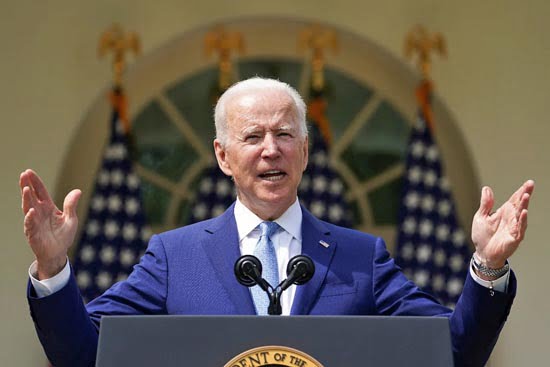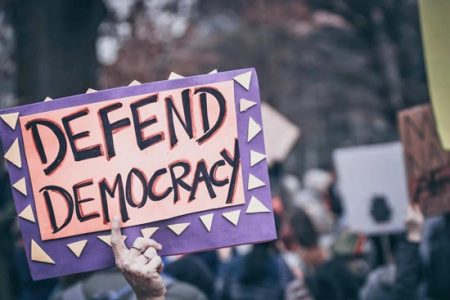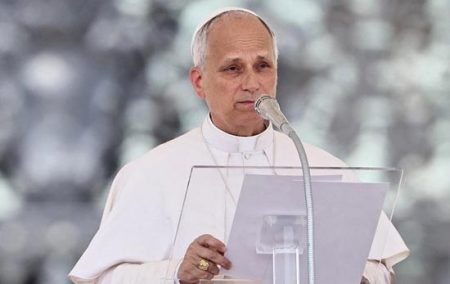President Biden Announces Marijuana Pardons, Reform
Directive will bring relief to an estimated 6,500 people.

President Joe Biden announced on October 6, 2022 an administrative review of federal marijuana laws. He also announced his grant of mass pardons for federal convictions for possession of cannabis while calling on governors to do the same for state-level convictions.
“No one should be in jail just for using or possessing marijuana,” the president said. “Sending people to prison for possessing marijuana has upended too many lives… Criminal records for marijuana possession have also imposed needless barriers to employment, housing, and educational opportunities. And while white and Black and brown people use marijuana at similar rates, Black and brown people have been arrested, prosecuted, and convicted at disproportionate rates.”
President Biden then announced a pardon of all prior Federal offenses of simple possession of marijuana. He directed the Attorney General to develop an administrative process to issue pardons to eligible individuals. He also called on all state governors to do the same for state marijuana convictions, which some states have already done.
The president has instructed his Secretary of Health and Human Services Xavier Becerra and Attorney General Merrick Garland to review how marijuana is scheduled under federal law. The law currently classifies marijuana in Schedule I of the Controlled Substances Act, meant for the most dangerous substances, such as heroin and LSD. He pointed out that that classification is higher than those for fentanyl and methamphetamine.
Following the president’s announcement, NC’s Democratic Governor Roy Cooper announced, during a recent meeting of NC’s criminal justice task force, that he is exploring options for marijuana decriminalization in NC, saying it’s time to “end the stigma.” He’s exploring options for independently granting relief to people with existing convictions.
Similarly, NC Attorney General Josh Stein (D), who co-chairs the Task Force for Racial Equity in Criminal Justice, said, “You cannot talk about improving racial equity in our criminal justice system without talking about marijuana. White and Black North Carolinians use marijuana at similar rates, yet Black people are disproportionately arrested and sentenced.”
The immediate impacts of the pardons are modest, but the order marks a top-level recognition that 100 years of cannabis prohibition were a mistake.
According to Paul Armentano of otherwords.org, the president’s announcement is “a big deal.” However, he noted, the vast majority of marijuana-related arrests are for violations of state and local laws, not federal law. “As a result,” he writes, “White House officials have estimated that the president’s directive will bring relief to an estimated 6,500 people—only a fraction of the nearly 29 million Americans who have been arrested for marijuana violations over the past several decades.
Biden’s actions mark a seismic shift in the way those inside the Beltway talk and think about cannabis. Historically relegated as a fringe political issue, Biden’s foray into the arena of marijuana reform legitimizes legalization as a subject worthy of consideration—and action—by those at the highest levels of government.
The administration’s actions acknowledge that arresting and criminalizing those who possess and consume marijuana does more harm than good. And, by making the first move, the president has amplified the pressure on Congress—and Democratic leadership in particular—to respond.
Morning Consult polling shows that nearly half of registered voters—including majorities of younger voters and Democrats—believe that repealing federal marijuana prohibition ought to be a legislative priority for Congress.
By getting out in front of this issue, Biden’s actions are not only good policy but good politics, too. A solid majority of Americans support expunging criminal records for those convicted of marijuana-related possession crimes.
But ultimately the White House can’t repeal or amend federal marijuana laws unilaterally. Like it or not, Congress must eventually weigh in on the issue by passing legislation.








